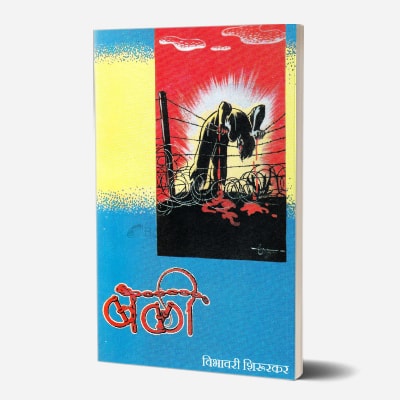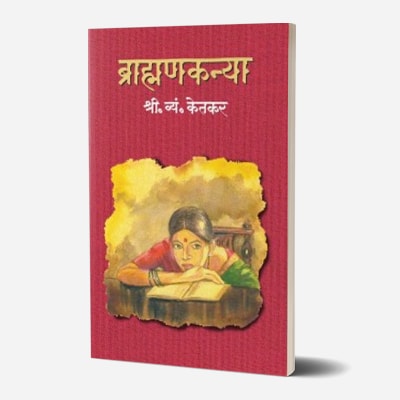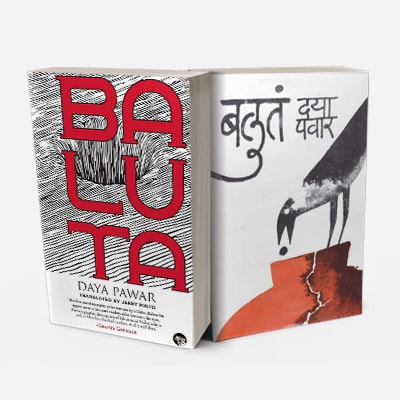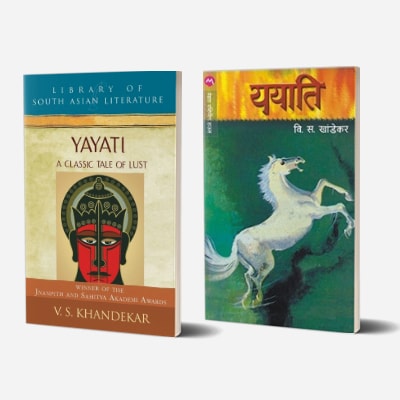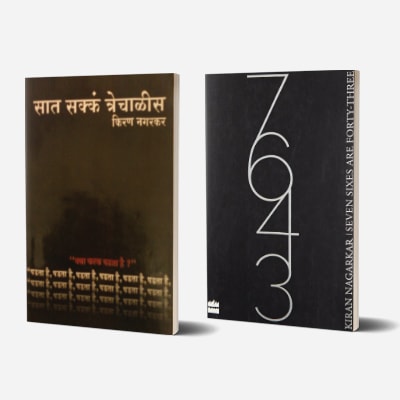Bali
By Vibhavari Shirurkar
Translated by Yashodhara Deshpande
Set in colonial India, Malati Bedekar (who wrote under the pseudonym of Vibhavari Shirurkar), explores what governance by the Criminal Tribes Settlement Act meant for us a society. Bedekar paints a sympathetic story of the criminals forced to live in wire-fenced settlements in Bali (‘The Victim’, 1950), raising the question: who is a “criminal”?
Released in 1950, Bali was based on her close observation of the way of life followed by the so-called criminal tribes. From 1937 to 1940 she served in the Criminal Tribes Settlement and had gained an unique insight. A powerful novel, Bali revolves around one of the members of this settlement who sought liberation for himself and his fellow-men. However, being ahead of his times met with an untimely death. Perfect characterisation, especially of a mother and an old man are life-like and go straight to the readers heart. Malati Bedekar is superb in her art of inciting the reader to rise in revolt against the dirt, squalor and immorality prevailing in the tribe and lifting them to the stance of humanity showcasing that human power to rise out of his situation is the noblest and best in life.
In today’s world, we often forget the atrocities of the colonial rule; there is a whole generation of readers yet to be acquainted with these realities. Bali gives us the opportunity to reconcile with our past.
The novel was translated to English by Yashodhara Deshpande.
About the Author
Malati Bedekar (1905-2001) is considered to be the first prominent feminist writer in Marathi literature. The daughter of writer Anant Khare, she was brought up in a household that valued education and independence. One of her popular works Kharemaster is based on her father. Her first book Kalyanchi Nishwas was a short-story collection about women trying to break free from social conventions; it explicitly depicted sex, patriarchy, and exploitation. Upon its release, it created a storm, also establishing Bedekar as a force in her own right. The stories were so hard-hitting that there were several threats to the life of ‘Vibhavari Shirurkar’ (although no one yet knew her real identity). She followed this up with Hindolyawar (The Swing) that year i.e. 1933 and Virlele Swapna (The Faded Dream) in 1935. After a pause during which she did a Ph.D. in Sanskrit, in 1946 she revealed her true name, and published Bali (The Victim) in 1950, Kharemaster and the semi autobiographical Shabari about a woman stuck in a marriage in 1956. She won the Maharashtra State Award in 1964.
